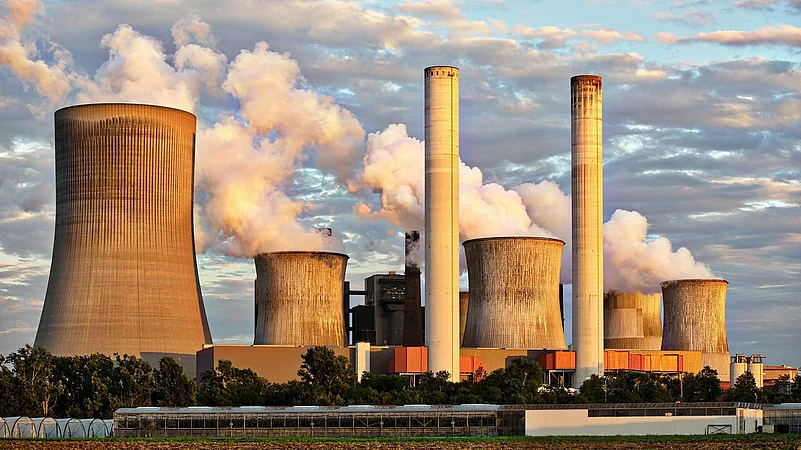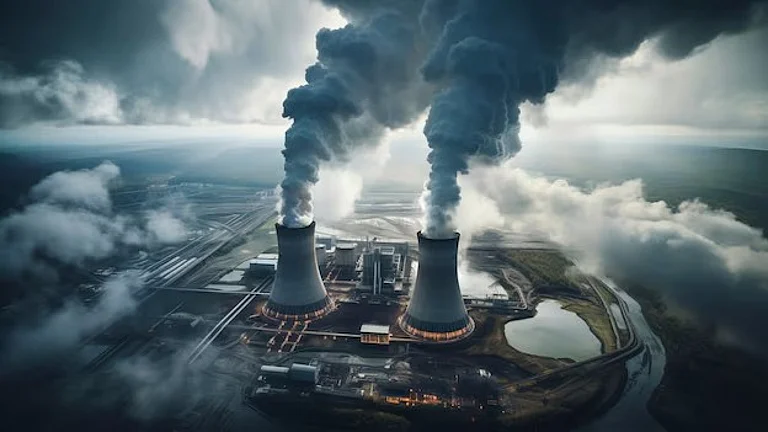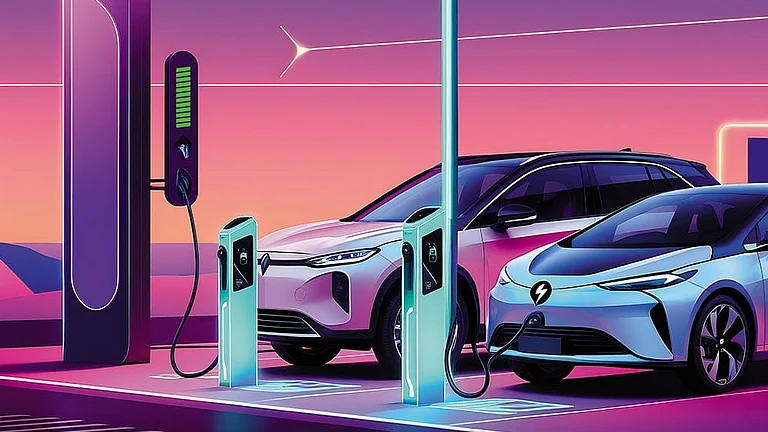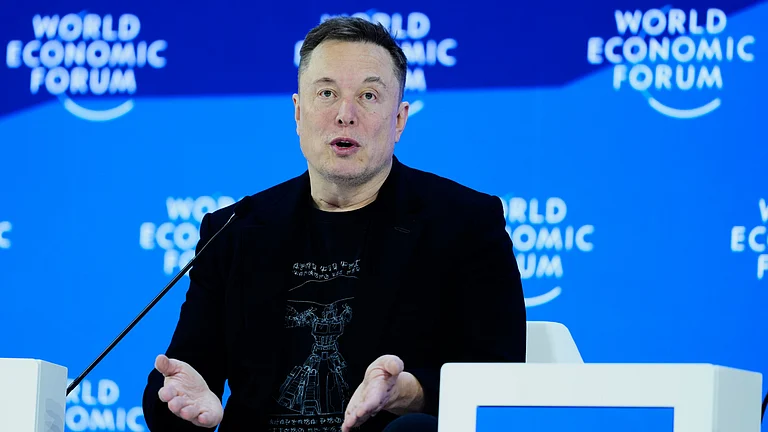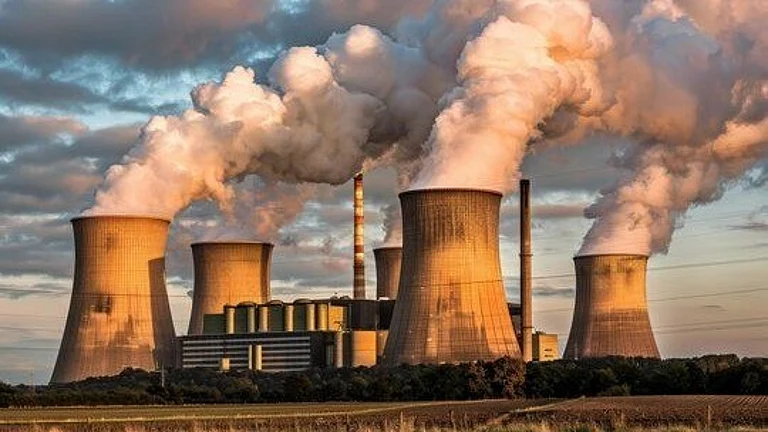The World Bank’s board lifted its ban on funding nuclear energy and is now considering to fund natural gas exploration and production, as part of its effort to expand access to electricity to meet its development goals.
Meeting rising power demand is “one of the most urgent and complex development challenges we face,” the bank’s president, Ajay Banga, said in a staff note viewed by Bloomberg.
He added that the shift on nuclear power, adopted by the bank’s executive board on June 11, will be done in conjunction with the International Atomic Energy Agency. The work would intend to “extend the life of existing reactors in countries that already have them, and help support grid upgrades and related infrastructure.”
Furthermore, he shared that the bank intends to help develop small modular reactors, which can be produced in factories and assembled on site are expected to eventually be cheaper and faster to build than their conventional counterparts.
According to International Energy Agency, electricity demand from data centres worldwide is set to more than double by 2030 to around 945 terawatt-hours (TWh), slightly more than the entire electricity consumption of Japan today. Governments, particularly in developing economies, could tap nuclear as a source of clean, stable power to meet their energy needs.
Bloomberg stated that annual investment needs to meet their consumption could rise to $630 billion by 2035, from $280 billion.
What It Means Globally
According to Reuters and Financial Times, the World Bank’s reversal aligns with US-backed calls for energy diversification. By collaborating with the IAEA and exploring nuclear and gas investments, the Bank aims to help developing nations meet soaring power needs, especially as AI and economic growth drive global energy consumption higher.
Banga also flagged in the note on June 12 that engaging in upstream gas “will require further discussion”, reported Bloomberg.
“The mix will vary,” he said of supply options. “But the objective remains the same: accessible, affordable, reliable energy at scale — delivered in a way that manages emissions responsibly.”
The bank has reportedly funded only one nuclear project since its founding near the end of World War II — in southern Italy in 1959.






